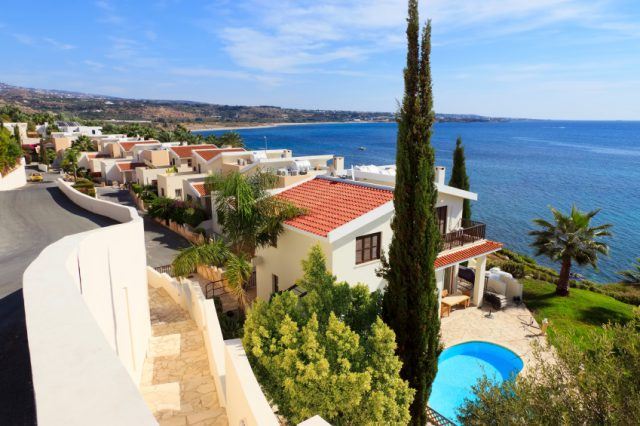Landlords Consider Buying Overseas Property to Avoid Tax Changes
Around a quarter of landlords (23%) are considering buying an overseas property to avoid tax changes introduced by Chancellor George Osborne.
The research, conducted by PropertyLetByUs.com, found that the Government’s new tax measures might push some landlords out of the UK into foreign markets, in an attempt to secure better returns on their investments.
A separate report also claims that the tax changes will drive much-needed landlords out of the private rental sector.
On 1st April, a higher rate of Stamp Duty was introduced for buy-to-let landlords and second homebuyers. Additionally, from April 2017, the amount of tax relief that landlords can claim on their mortgage interest payments will be cut to the basic rate.
The PropertyLetByUs.com survey asked landlords to name their top overseas property locations. Unsurprisingly, France took the top spot for one in five investors (23%). Spain came a close second (18%), followed by Italy (11%), Bulgaria (3%) and Germany (1%).
It is estimated that a quarter of overseas buyers that own second homes in France are British, making them the largest group of international owners.

Landlords Consider Buying Overseas Property to Avoid Tax Changes
The firm states that if landlords are considering buying an overseas property, it is vital that they educate themselves about the different laws and taxes they will face in their chosen country. Holiday home insurance firm Insure My Villa has lots of helpful tips and advice on being an overseas property owner.
The Managing Director of PropertyLetByUs.com, Jane Morris, explains: “Each country has different tax laws relating to property and they can change quickly, with little warning. For example, in 2012, the French government imposed a 15.5% social charge on capital gains from the sale of second homes or rental income – a measure which was estimated to bring in €250m a year. Tax on rental income rose overnight, from 20% to 35.5%, while capital gains tax on property sales rose from 19% to 34.5%.
“These new tax measures hit overseas investors hard and meant that for example, a British couple who bought a French property for €200,000 20 years ago and were selling it for €750,000 would have to pay almost €60,000 in social charges, on top of the existing capital gains tax. They received no credit against their UK tax bill for this amount.”
She continues: “This onerous tax measure was overturned in 2015 by the European Union’s top court, who deemed it illegal and ordered the French government to reimburse tens of millions of euros to British and other EU non-resident owners who rented or sold their properties in the past two to three years.
“Clearly, overseas property taxation can be more costly than the UK, despite often much lower property prices. It is important that landlords take into account potential tax hikes and don’t get sucked into all the marketing hype that surrounds overseas property investment. Property experts will often highlight new markets they appear to be investment hotspots and you may be able to find bargains in countries where prices have fallen dramatically, but it’s often wiser to buy in more established markets.”
The firm has put together some helpful tips on investing in overseas property:
- Make sure your property is easily accessible with good amenities nearby. You should also take into account the holiday season in the area, as many tourist destinations shut down at the end of the season.
- Do some research on the rent price of similar properties in the area. Even better, if the property you are buying is already being rented out, find out how much the current owner charges and how many weeks per year it is occupied.
- It can be wise to market your property through a local estate agent, but you must remember to take fees into account. Cheaper marketing options include holiday rental websites and word of mouth through family and friends.
- You must pay income tax on the rent you receive. However, you can deduct some expenses from your rental income to reduce taxable profits. Here is more information on calculating your taxes correctly: https://www.justlandlords.co.uk/news/government-produces-online-tax-tutorial-landlords/


















